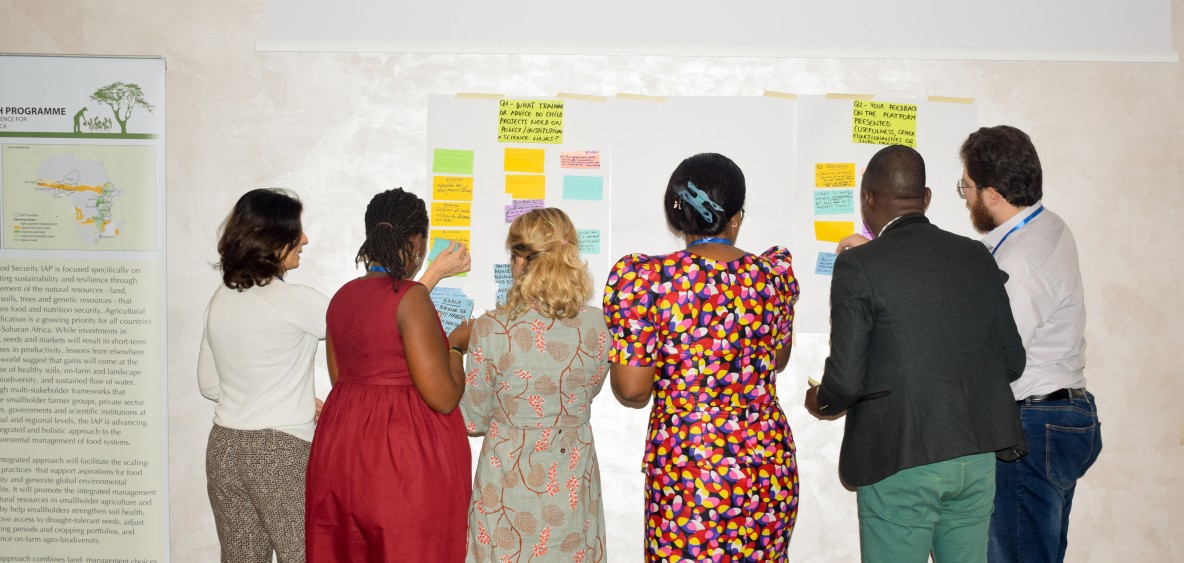
30 June 2020
Webinar
Regional Hub/Bangor University/ICRAF
Dr. Eefke Mollee
e.mollee@bangor.ac.uk
Outcome Mapping is a flexible methodology developed by the International Development Research Centre (IDRC) that expands the scope of monitoring and evaluation to focus not only on evaluating outputs but evaluating outcomes and impacts beyond the project cycle.
Traditional evaluation tends to assess the success of a project based on outputs that are within the direct control of the project: the number of farmers who attended a training session, the number of trees planted, the increase in crop yield, etc. These traditional indicators measure a change in the state of a system; however, they do not necessarily correlate with long-term impact. To help RFS country projects achieve long-term impact, Outcome Mapping shifts the focus of evaluation to the primary agents of transformational change—people. Outcoming Mapping measures progress through changes in the behaviours, relationships, actions or activities of the key stakeholders identified within each country project.
Led by the Regional Hub through ICRAF, in partnership with Bangor University and IFAD, the Resilient Food Systems programme has been supporting country project teams in utilising the Outcome Mapping methodology to assess project contributions to institutional and behaviour change and development.
At the 2019 RFS Annual Workshop in Bolgatanga, Ghana, the Outcome Mapping team, led by Dr. Eefke Molle of Bangor University, introduced RFS country projects and partners to major concepts associated with Outcome Mapping and facilitated a participatory exercise through which country project teams assessed the level of intentional design within their evaluation frameworks.
In order to further strengthen Outcome Mapping capacity development and tailor training to different country project needs, from July to September 2020, the Regional Hub held a series of virtual training sessions for five country projects – Nigeria, Uganda, Senegal, Niger and Burkina Faso. The objective of the training series is to help RFS country project teams build the skills necessary to integrate Outcoming Mapping into their monitoring and evaluation plans and activities.
Nigeria
country project
30 June &
2 July 2020
Uganda country
project
21– 22 July
2020
Senegal country
project
26 - 27
August 2020
Niger
country project
23 - 24
September 2020
Burkina Faso
TBD
For more information on the Outcome Methodology, please visit the Outcome Mapping Learning Community.
If you would like to learn more about RFS Outcome Mapping training, contact the Programme Coordination Unit.
Subscribe to our monthly newsletter to receive updates on stories directly from the field across all our projects, upcoming events, new resources, and more.